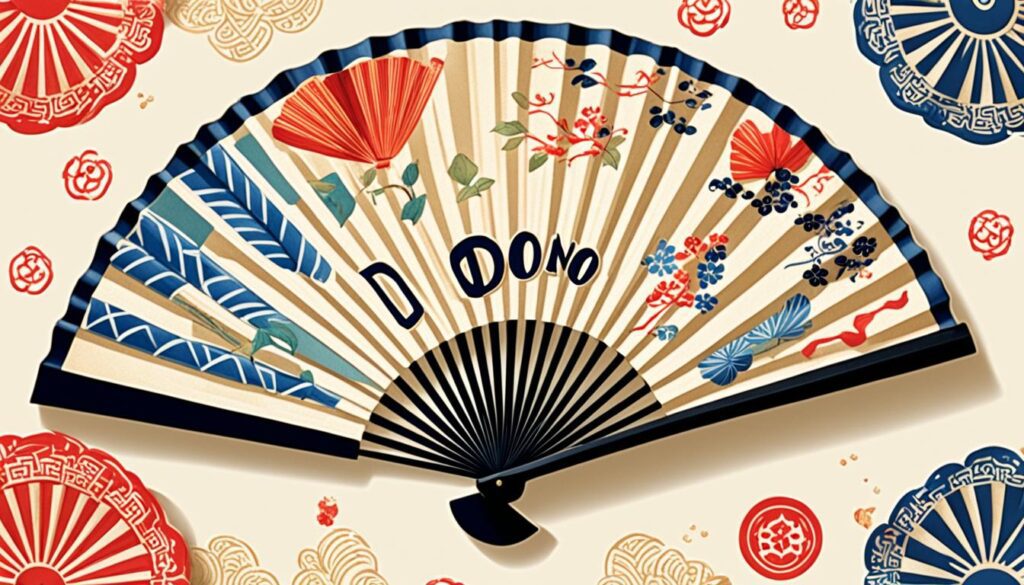Welcome to our guide on how to say “Dono” in Japanese! In this article, we will explore the meaning, pronunciation, equivalent words, writing in Kanji, and the contextual and cultural usage of this term in Japanese language and culture. So, if you’re curious about what “Dono” signifies and how it is used, you’ve come to the right place!
Let’s start by understanding the meaning and grammar of “Dono” and its role in Japanese language and culture.
The Role of Honorifics in Japanese Language and Culture
The Japanese language adopts a system of honorific speech, known as “keishō,” which includes honorific suffixes and prefixes when referring to others. Honorifics are used to show respect, acknowledge the social status of a person, and indicate the speaker’s level of politeness. Honorific suffixes are commonly used when addressing or referring to individuals in a conversation, while honorific prefixes are attached to certain nouns. The use of honorifics is an essential part of Japanese culture and plays a significant role in interpersonal relationships and social interactions.
Common Japanese Honorifics and Their Meanings

In Japanese culture, honorifics are an important part of addressing and showing respect to others. Here are some common honorifics used in the Japanese language:
| Honorific | Meaning |
|---|---|
| -san | This is the most commonly used honorific and can be used for both men and women. It is a general term of respect similar to “Mr.” or “Ms.” |
| -sama | This honorific is used to show deep respect and is often used to address someone of higher social status or rank. |
| -sensei | This honorific is used to address teachers, doctors, and other professionals. It is similar to calling someone “Dr.” or “Professor” in English. |
| -kun | This honorific is commonly used to address boys or young men and can also be used between friends or peers. |
| -chan | This honorific is typically used to address young children, close friends, or people you are close to. |
These honorifics play a significant role in Japanese communication and reflect the hierarchical nature of Japanese society. Understanding their meanings and using them appropriately is essential to show respect and maintain proper etiquette.
Other Honorifics in Japanese Language and Culture
In addition to the common honorifics mentioned above, the Japanese language and culture have specific honorifics used in various contexts. These honorifics are tailored to respect family relationships, workplace hierarchies, and school settings.
Honorifics for Family Members in Japanese
When addressing family members in Japanese, specific honorifics are used to denote one’s relationship and show respect. Here are some examples:
| Family Member | Honorific |
|---|---|
| Mother | Okāsan |
| Father | Otōsan |
| Elder Brother | Aniki |
| Younger Sister | Imōto |
Honorifics in Japanese Workplace
Japanese workplace culture emphasizes hierarchical relationships and respect for superiors. Here are some honorifics commonly used in the workplace:
| Position | Honorific |
|---|---|
| Manager/Supervisor | -sama |
| Colleague | -san |
| Subordinate | -kun/-chan |
Honorifics in Japanese Schools
In educational settings, honorifics play a crucial role in maintaining a respectful and disciplined environment. Here are some honorifics used in Japanese schools:
| Recipient | Honorific |
|---|---|
| Teacher | Sensei |
| Senior | Sempai |
| Junior | Kōhai |
These honorifics reflect the importance placed on respecting familial bonds, hierarchical structures, and creating a harmonious environment in various aspects of Japanese society.
The Importance of Honorifics in Japanese Culture
Honorifics play a crucial role in Japanese culture and etiquette. They serve as a way to show respect, acknowledge social hierarchies, and maintain harmonious relationships. Using the appropriate honorifics demonstrates good manners and cultural understanding.
In Japan, it is considered impolite to refer to someone without adding an appropriate honorific, as it can be seen as disrespectful or rude. Honorifics are used not only in formal contexts but also in everyday conversations. They are an integral part of the Japanese language and are taught from a young age, emphasizing the importance of showing respect to others.
Understanding and using honorifics correctly is an essential aspect of communication and interaction in Japanese society. It shows respect for others and helps to establish positive social connections. Whether it’s addressing a teacher, a coworker, or a family member, using the appropriate honorific shows that you understand and appreciate the social norms and hierarchies that exist within Japanese culture.
